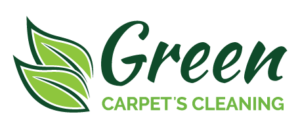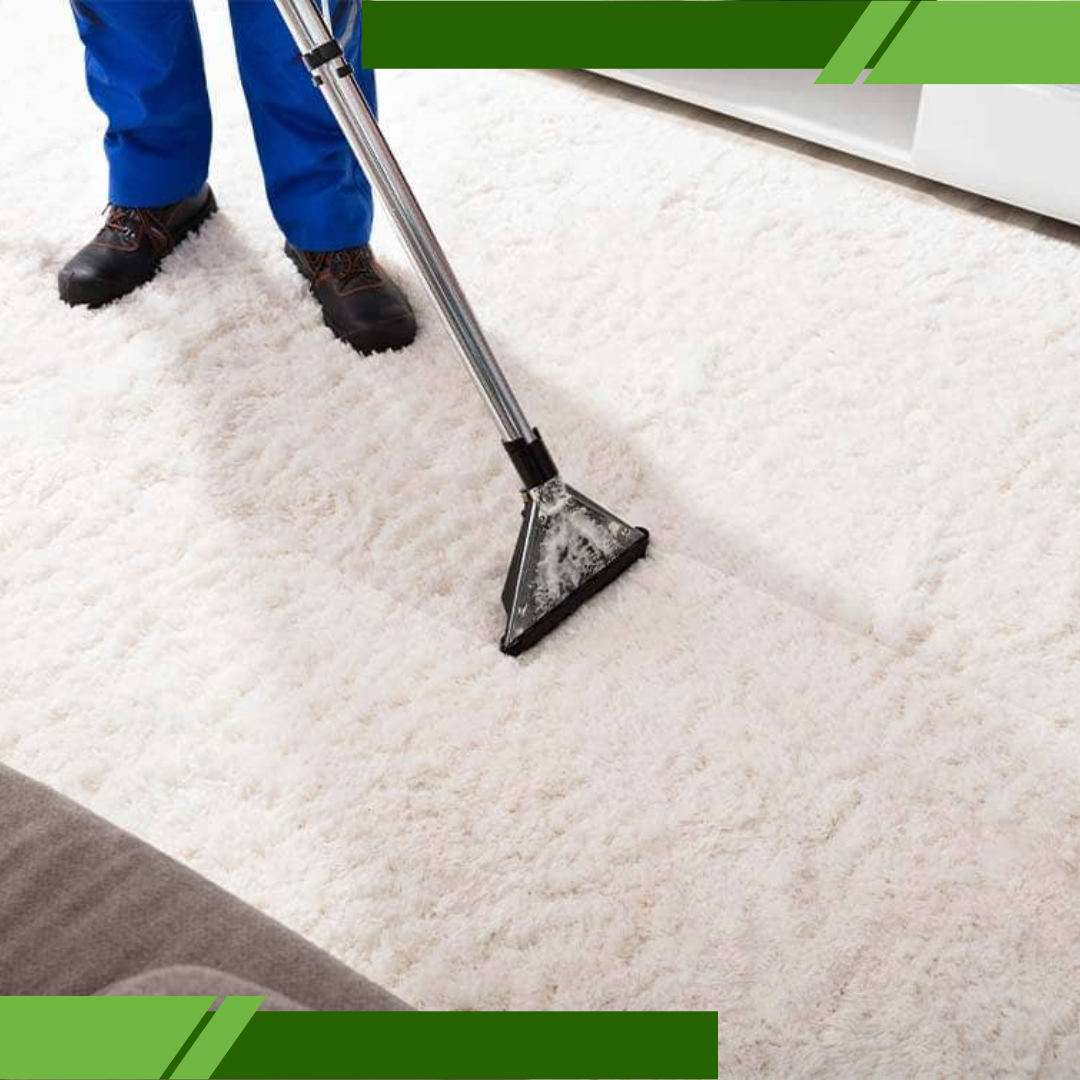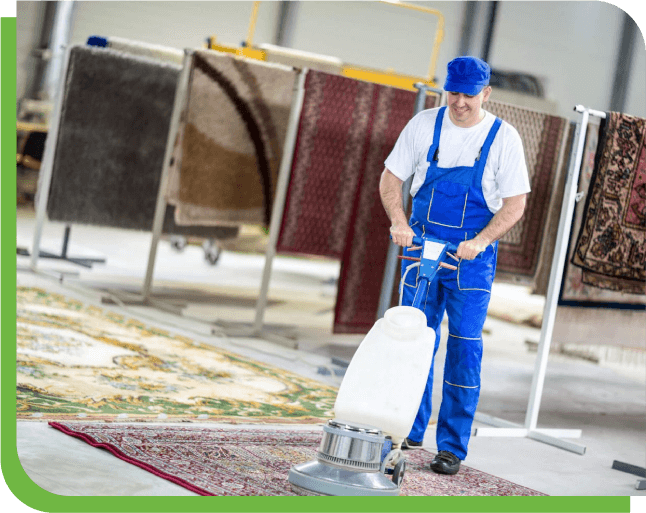Get in touch
Fill this up to proceed

We are committed to providing a world-class carpet, rug, upholstery, drapery or mattress cleaning services that will open your door to a happier and healthier green indoor environment.
Let’s talk about something many of us do without thinking: stress-cleaning. You feel overwhelmed, so you start wiping down counters, fluffing pillows, and maybe even reorganizing a drawer. It feels productive, even calming. But here’s the truth behind the stress-cleaning myth: this burst of action gives the illusion of control. It doesn’t actually address what’s hiding in your carpets, air, or hard-to-reach corners.
Most people aren’t aware of how much dirt, allergens, and bacteria can linger underfoot. Even if everything looks tidy, your home might still be harboring grime. That’s what makes the Stress-Cleaning Myth so misleading. We’re not cleaning to clean, we’re cleaning to cope.
We often mistake motion for progress. Straightening a stack of books or clearing a coffee table feels like we’re getting things done, but these tasks mostly offer visual relief. That’s why the Stress-Cleaning Myth is so convincing. It gives us a quick emotional reward, even though nothing significant has changed underneath. It’s like painting over a stain instead of cleaning the source.
Instead of falling into that loop, try focusing your energy on what actually impacts your space long term. Rather than doing five small tidy-ups in a day, schedule one real cleaning task that tackles hidden grime, like having your carpets professionally deep-cleaned. By shifting from reaction to intention, you break out of the Stress-Cleaning Myth and create a space that not only looks clean but truly supports your well-being.

Let’s talk about something many of us do without thinking: stress-cleaning. You feel overwhelmed, so you start wiping down counters, fluffing pillows, maybe even reorganizing a drawer. It feels productive, even calming. But here’s the truth behind the Stress-Cleaning Myth, this burst of action gives the illusion of control. It doesn’t actually address what’s hiding in your carpets, air, or hard-to-reach corners.
Most people aren’t aware of how much dirt, allergens, and bacteria can linger underfoot. Even if everything looks tidy, your home might still be harboring grime. That’s what makes the Stress-Cleaning Myth so misleading. We’re not cleaning to clean, we’re cleaning to cope.
This is where the real shift happens: calm doesn’t come from quick fixes. It comes from deep, lasting cleanliness. And that starts with what we usually ignore, our carpets.

You’re running late, the house is a mess, and guests are coming. So you go into overdrive, wiping every surface, spraying air freshener, and hoping no one notices the spots on the carpet. But by the next day, the calm is gone. Why? Because stress-cleaning was a temporary solution.
The Stress-Cleaning Myth thrives in these moments. It convinces us that surface cleaning equals peace of mind. But real comfort comes from knowing your space is truly clean, from the ground up.
For example, carpets can trap dust mites, pet dander, and even mold spores. These can affect your sleep, your allergies, and even your mood. A vacuum can’t always reach that deep. You need expert help to get carpets clean enough to actually support a calm, healthy environment.
Services like green carpet cleaning go beyond the surface. They target hidden allergens and deep dirt using eco-safe methods, leaving your home cleaner and fresher, and your mind genuinely at ease.
When you walk into a freshly cleaned room, really cleaned, it feels different. Not just because it smells good or looks neat, but because your brain senses the difference. Clean air. Soft carpets. No lingering dust.
That’s what the Stress-Cleaning Myth fails to provide. It tricks you into feeling better for a moment, but not for long. Once you understand this, your approach to cleaning shifts. Instead of reacting to stress, you can plan regular, deeper cleanings that bring lasting peace.
One big step? Focus on areas that hold the most unseen dirt, like your carpets and upholstery. Booking a professional cleaning service might seem like a luxury, but it’s actually a smart way to reclaim time and protect your health.
The Stress-Cleaning Myth encourages rushed efforts that skip the real problem. Instead, start seeing deep cleaning not as a chore, but as self-care. You deserve to feel relaxed in your own home—without chasing calm through endless tidying.
It’s the idea that quick surface cleaning can help you feel in control or calm, especially when stressed. But it only offers short-term relief and doesn’t tackle the deeper mess that affects well-being.
Because it focuses on appearances. While it may look tidy, deeper areas like carpets and fabrics still hold allergens, dust, and bacteria that affect your health and comfort.
Experts recommend a professional carpet cleaning every 6 to 12 months, especially if you have kids, pets, or allergies.
Yes—clean environments can lower anxiety levels and improve mental clarity. A professionally cleaned space feels fresher and more peaceful, which helps your body and mind relax.
Absolutely. Green cleaning methods use eco-friendly, non-toxic products that are safe for everyone in your home.

We are committed to providing a world-class carpet, rug, upholstery, drapery or mattress cleaning services that will open your door to a happier and healthier green indoor environment.
We are committed to providing a world-class carpet, rug, upholstery, drapery or mattress cleaning services that will open your door to a happier and healthier green indoor environment.